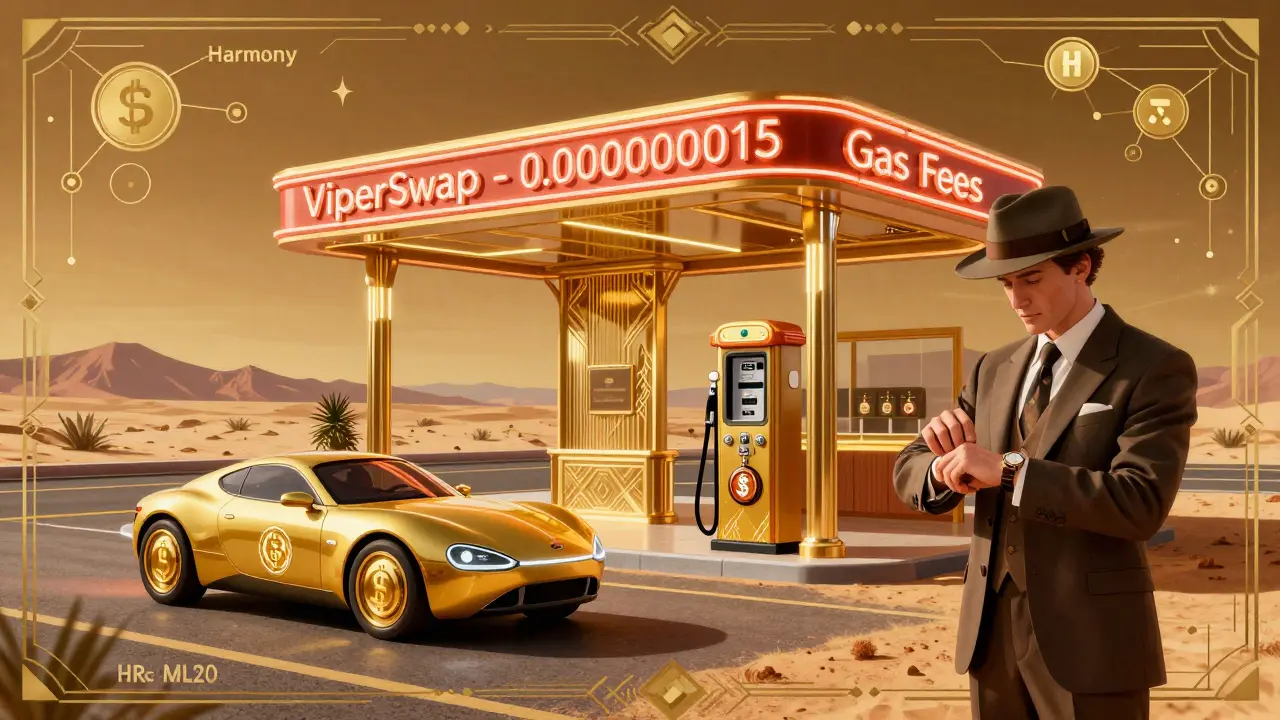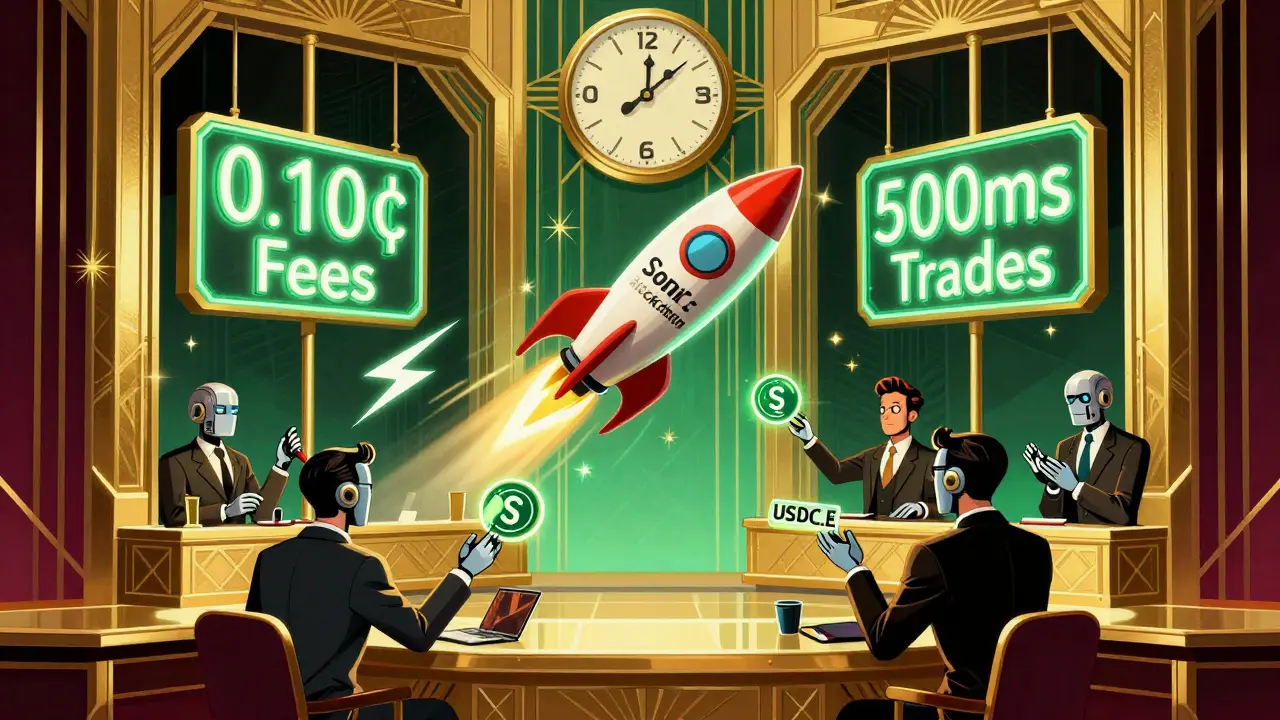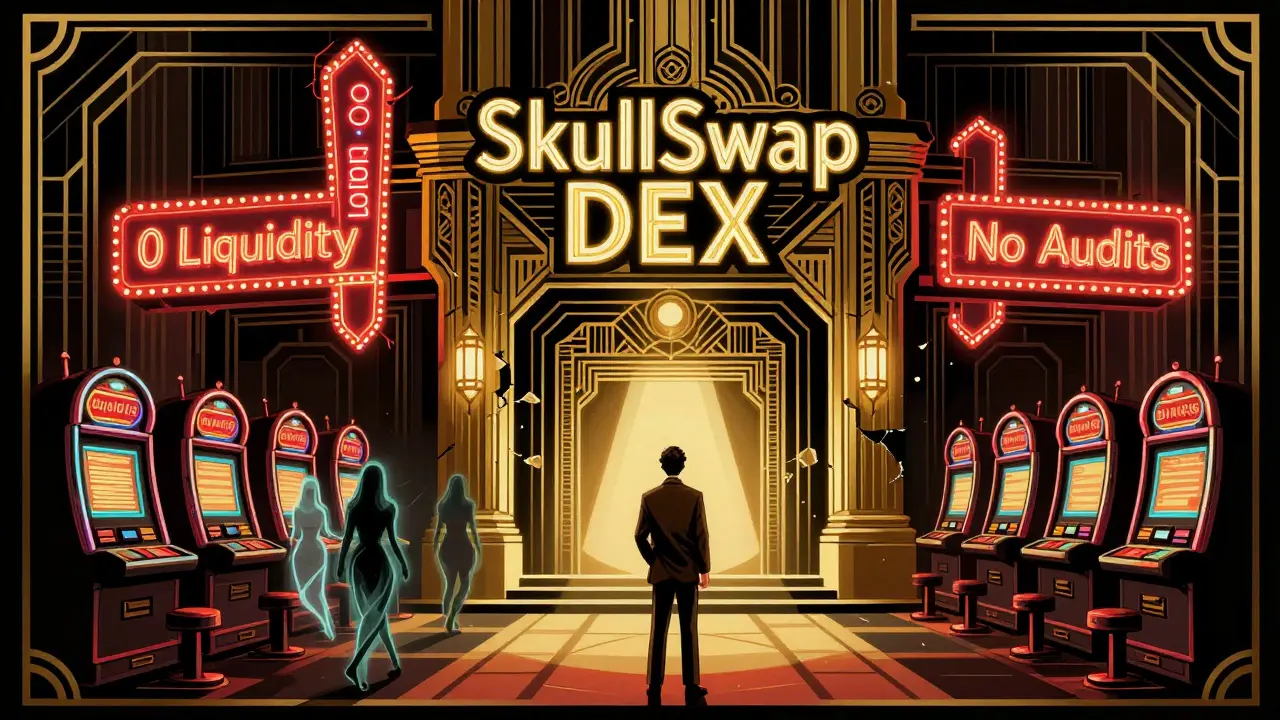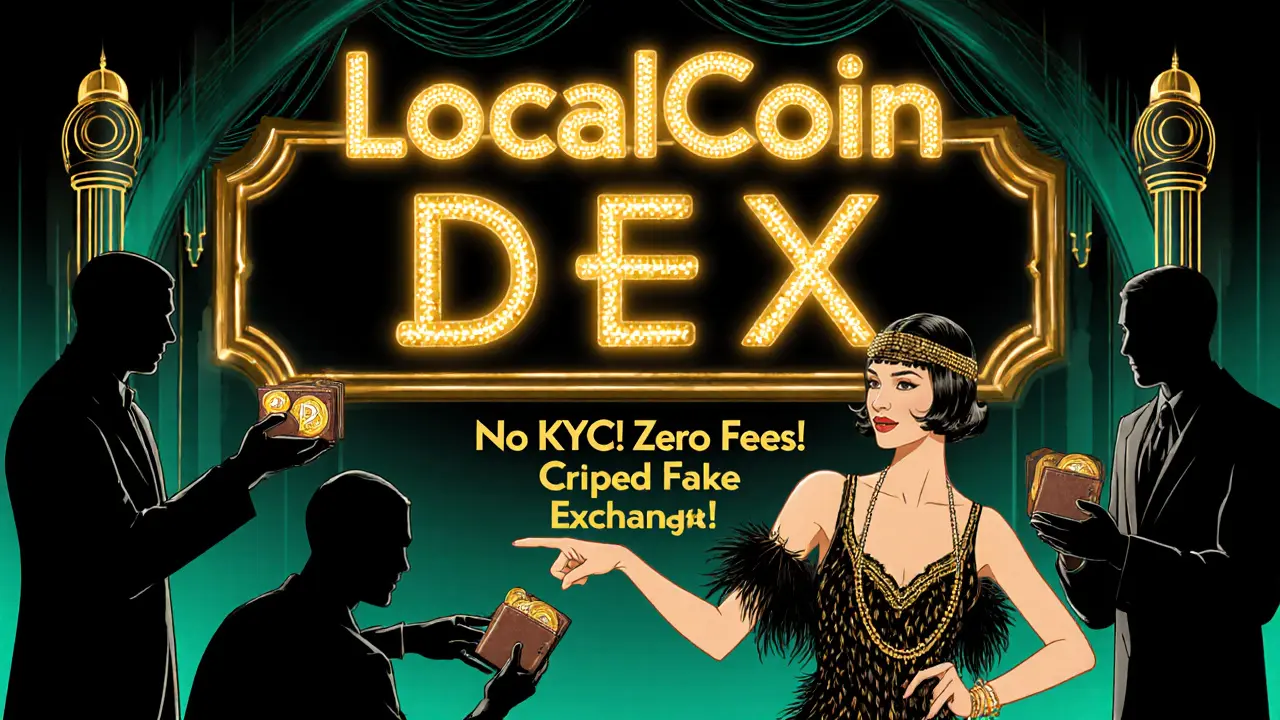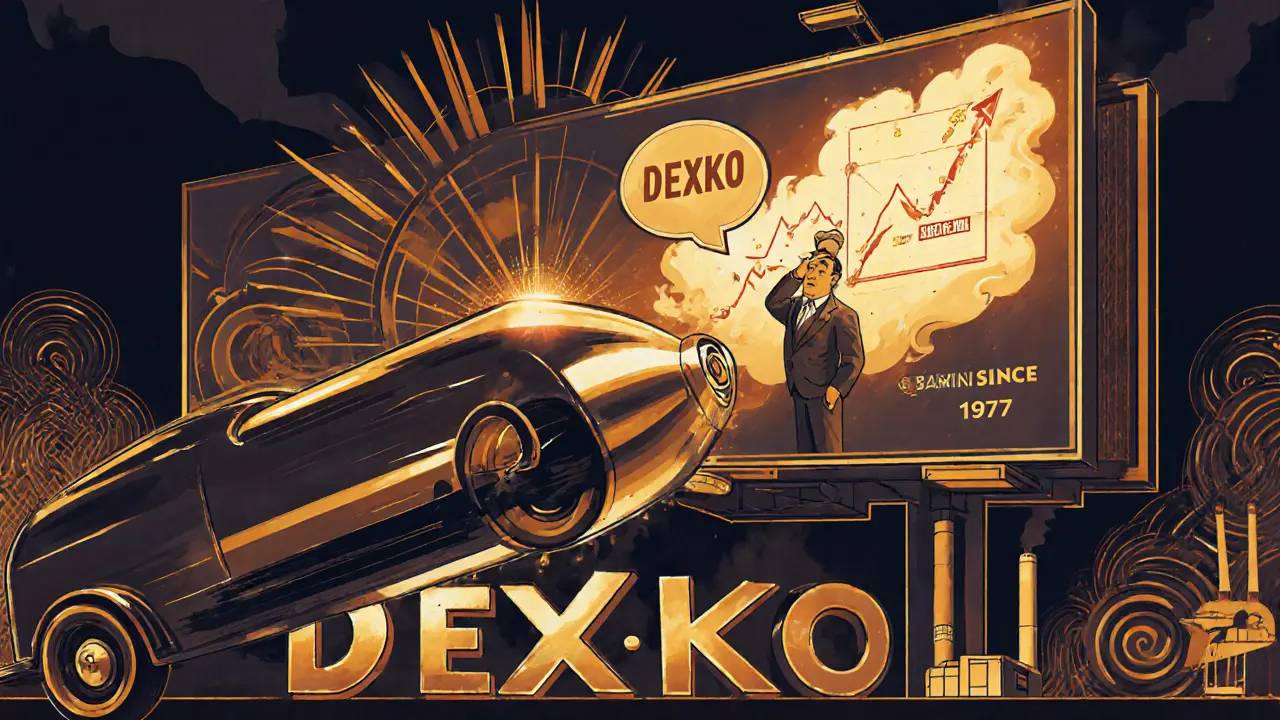Decentralized Exchange: What It Is and How It Changes Crypto Trading
When you trade crypto on a decentralized exchange, a peer-to-peer platform that lets users swap digital assets without a central authority. Also known as DEX, it removes banks, brokers, and custodians from the equation—putting control directly in your hands. Unlike centralized exchanges like Bybit or Binance, a decentralized exchange runs on smart contracts. That means your money never leaves your wallet. No deposit. No KYC. No third party holding your keys. This is the core promise of DeFi, a system of financial tools built on open blockchains that operate without traditional intermediaries. And it’s why people use DEXs—not just for lower fees, but for safety.
But DEXs aren’t magic. They rely on blockchain, a public, tamper-proof digital ledger that records every transaction across a network of computers. If the blockchain is slow or expensive, your trade gets stuck or costs a fortune. That’s why Ethereum-based DEXs like Uniswap or SushiSwap often have high gas fees, while newer chains like TON or Solana offer faster, cheaper swaps. The tools you use—like wallet integrations, liquidity pools, or automated market makers—shape your experience more than you think. And that’s where things get messy. Many of the tokens you’ll find traded on DEXs, like POOH or RyuJin, have zero real utility. They’re memes, speculation, or outright scams. Meanwhile, legitimate protocols like OpenLeverage or Gelato use DEXs as their backbone to deliver real services: margin trading, automation, yield optimization. The line between innovation and fraud is thin, and most users don’t know how to tell them apart.
You’ll find both sides here. Articles that break down how DEXs actually work under the hood. Others that warn you about tokens with trillion-supply and no team. You’ll see how hacks target DEXs, how regulators are starting to crack down, and how tools like account abstraction are making them easier to use. Some posts cover airdrops tied to DEX platforms. Others explain why certain projects fail—even when the tech works. This isn’t a beginner’s tutorial. It’s a real-world map of where DEXs are today: powerful, chaotic, risky, and full of opportunity if you know what to look for.
Pangea Swap Crypto Exchange Review: Is This Klaytn DEX Still Worth Using in 2026?
Pangea Swap was the first concentrated liquidity DEX on Klaytn, but now it's untracked, with near-zero liquidity and no governance token. Is it still usable in 2026?
ViperSwap Crypto Exchange Review: Low-Cost DEX on Harmony Blockchain
ViperSwap is a low-cost decentralized exchange on the Harmony blockchain, offering near-zero transaction fees and the highest fee-sharing rewards in DeFi. Perfect for small traders, but limited to Harmony-native tokens.
Shadow Exchange v2 Crypto Exchange Review: Speed, Fees, and Niche Dominance on Sonic
Shadow Exchange v2 is a fast, low-fee DEX built exclusively for the Sonic blockchain. Ideal for traders and yield farmers within the Sonic ecosystem, it offers sub-second trades and 95% lower fees than Ethereum DEXs - but supports only 38 tokens.
SkullSwap Crypto Exchange Review: Is This Fantom DEX Worth Your Time?
SkullSwap is a nearly dead Fantom-based DEX with microscopic liquidity, no audits, and zero community. Avoid it. Use SpookySwap or PancakeSwap instead for real trading.
CEX vs DEX: How Geographic Restrictions Affect Crypto Trading Around the World
CEXs block users by country due to regulations, while DEXs offer borderless trading - but that freedom comes with legal risks. Learn how geography shapes your crypto access and what’s changing in 2025.
OpenLedger DEX Crypto Exchange Review: Why It Shut Down and What You Can Learn
OpenLedger DEX was a decentralized crypto exchange that shut down in 2020 due to a crippling 5% withdrawal fee and zero liquidity. Learn why it failed and what to avoid in today's DEX market.
ZigZag Crypto Exchange Review: ZK-Rollup DEX vs Arbitrum-Based Exchanges
ZigZag is a ZK-Rollup DEX offering fast swaps and $ZZ token rewards, not an Arbitrum-based exchange. Learn how it compares to Arbitrum’s DeFi ecosystem and who should use it.
OraiDEX Crypto Exchange Review: AI-Powered DeFi Exchange on Cosmos
OraiDEX is an AI-powered decentralized exchange on the Oraichain blockchain, offering cross-chain swaps and AI-driven trading insights. It's innovative but niche, with low liquidity and limited adoption compared to major DEXs like Uniswap.
LocalCoin DEX Crypto Exchange Review: Why It Doesn't Exist and How to Avoid the Scam
LocalCoin DEX is not a real cryptocurrency exchange-it's a scam. Learn why the name is being used by fraudsters, how to spot fake DEX sites, and which real decentralized exchanges you can trust in 2025.
Astroport on Injective Crypto Exchange Review: Speed, Fees, and Real-World Performance
Astroport on Injective offers lightning-fast trades, near-zero fees, and powerful derivatives trading. A top DeFi exchange for serious traders tired of Ethereum congestion and high gas costs.
Dexko Crypto Exchange Review: Why Dexko Isn't a Crypto Exchange and What You're Actually Looking For
Dexko is not a crypto exchange - it's a trailer parts manufacturer. Learn why people confuse it with decentralized exchanges and discover the real DEX platforms you can use to trade crypto safely.

